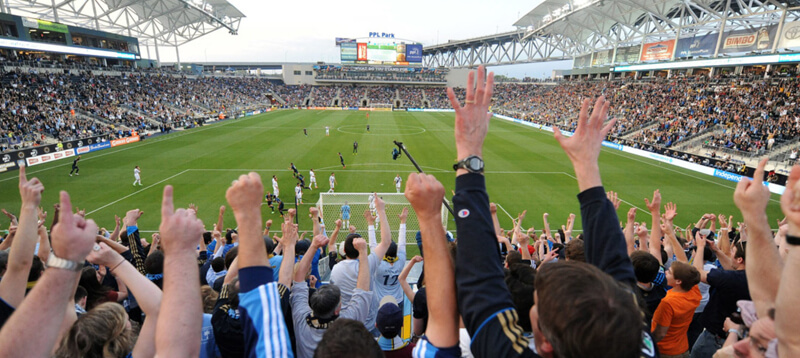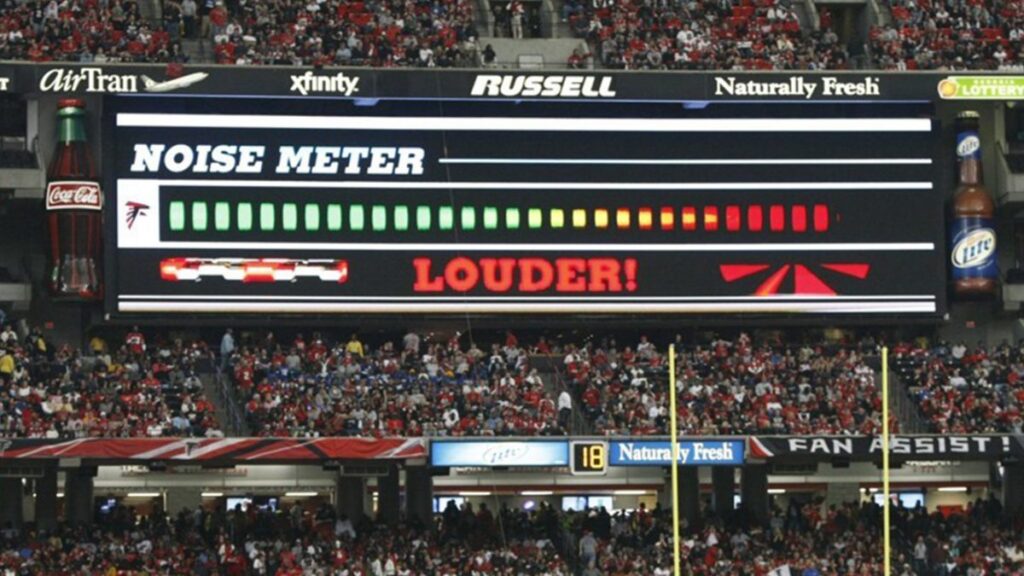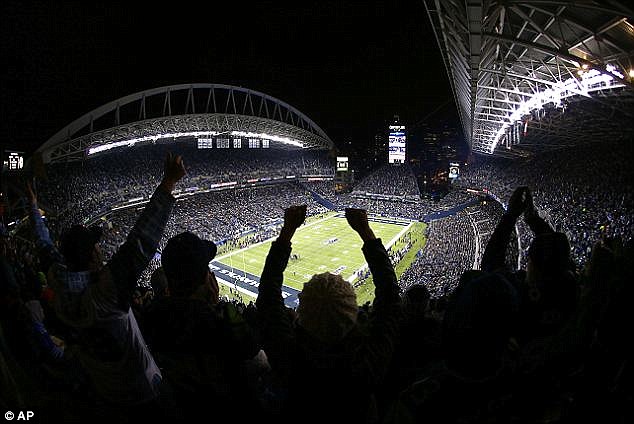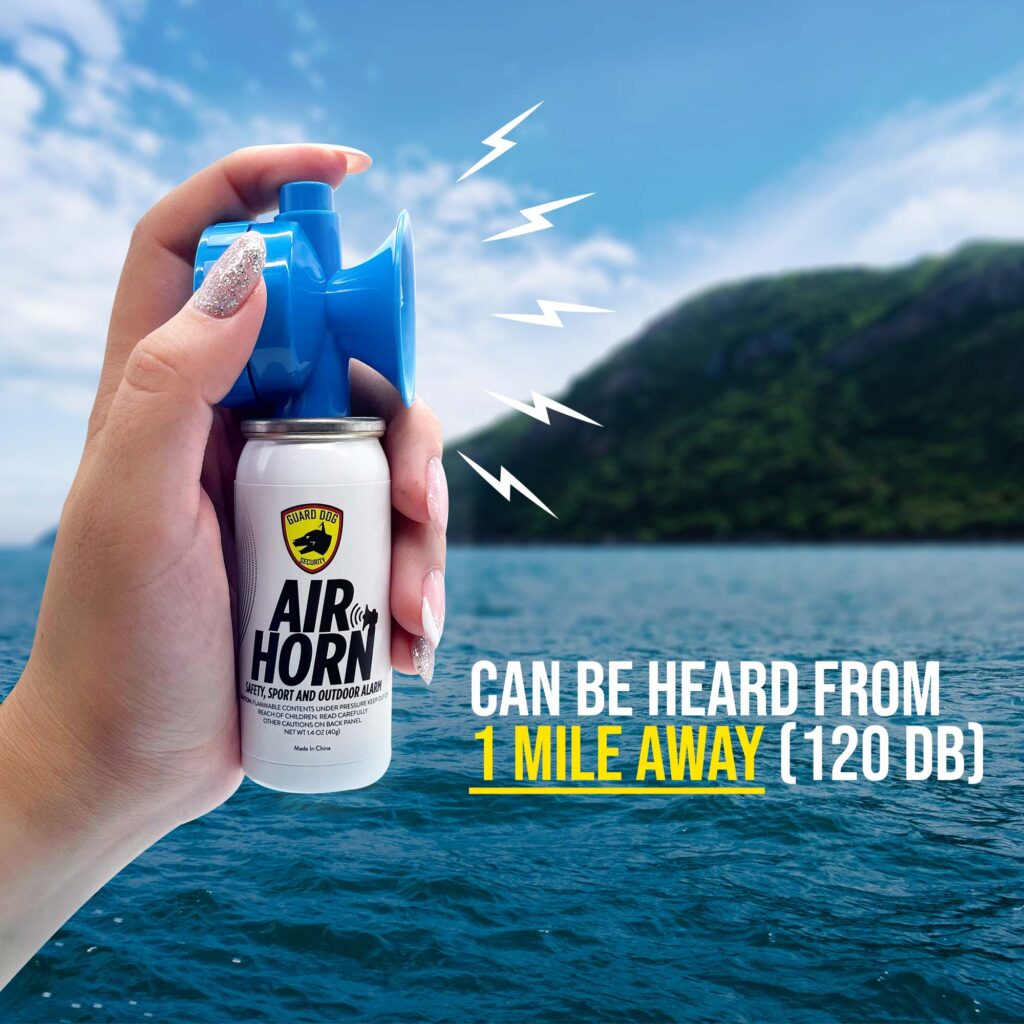
Sporting events are a source of joy, excitement, and connection for millions of people around the world.
Whether it’s the roar of the crowd, the crack of a baseball bat, or the swoosh of a basketball going through the net, the auditory experience is an integral part of the sports spectacle.
Many of us assume that the levels of noise experienced at these events will not damage our hearing, but the reality is the decibel levels at many sporting events are very high and can lead to permanent hearing loss.

Hearing loss can occur when exposed to sounds at or above 85 dB for an extended period.
A typical football game can generate sounds exceeding 100 decibels (dB), which is well above the safe limit for prolonged exposure.
With sporting events, this prolonged exposure can take a toll on spectators’ hearing.
The deafening cheers, music, and announcements all contribute to an environment that may be harmful to your ears.


Hearing Loss Among Athletes
Hearing loss isn’t just a concern for the fans; it’s also a potential issue for athletes.
Sports like motorsports, shooting, and others that involve loud equipment or firearms can put athletes at risk of hearing damage.
Without proper hearing protection, athletes may experience gradual hearing loss over time, affecting their performance and quality of life.

Preventative Measures That Can be Taken
**Ear Protection**
The most effective way to prevent hearing loss at sporting events is to wear ear protection.
Earplugs designed for noise reduction are widely available and can significantly reduce the impact of loud sounds on your hearing.
The earplugs come in various forms.
From disposable foam plugs to custom-made earplugs that offer high quality sound protection, allowing you to enjoy the game while safeguarding your ears.
**Noise Reduction Headphones**
Some sporting venues may provide noise-cancelling headphones or earmuffs to reduce the impact of loud noises.
These can be a good option for spectators, especially those who attend events frequently.
**Limit Your Exposure**
If you know you’ll be at a particularly loud sporting event, try to limit the amount of time you spend in noisy areas.
Take breaks, step away from the loudest sections, and give your ears a chance to recover.
**Awareness and Education**
Raising awareness about the risks of hearing loss at sporting events is essential. Stadiums and event organizers can play a role in educating the public about the importance of hearing protection and providing information on where to obtain it.

This is possible because the air horn goes to 120dB.
While the thrill of cheering for your favorite team or witnessing an incredible sporting moment is an memorable experience, it’s crucial to prioritize your hearing health.
Hearing loss can be permanent, and once it occurs, there is often no way to reverse it.
By taking simple preventive measures, such as wearing ear protection and being mindful of noise levels, you can continue to enjoy sporting events while safeguarding your long-term auditory well-being.
So, the next time you head to a stadium or arena, don’t forget to pack those earplugs and ensure that you’re not just a passionate fan, but also a responsible one, too!

https://www.siliconvalleyhearing.com/blog/protecting-your-hearing-at-loud-sports-events



you are truly a just right webmaster The site loading speed is incredible It kind of feels that youre doing any distinctive trick In addition The contents are masterwork you have done a great activity in this matter
Diverse range of tools for various needs.
Thank you for taking the time to read the article and for taking the time to provide feedback!
Very good info here… have some new things to consider when I go to hockey games now!
Your dedication to excellence is commendable.